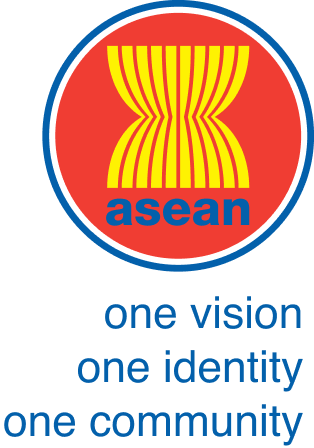The underlying message of this theme (and indeed across all themes) is the need to make social policies more effective, equitable and accountable. ASEAN policy makers have demonstrated their commitment to these goals through several key declarations but there appear to be some gaps.
In 2015, the ASEAN Cooperation on Civil Service Matters adopted the Putrajaya Joint Declaration on ASEAN Post-2015 Priorities towards an ASEAN Citizen-Centric Civil Service. The focus on a citizen-centric approach allows the acknowledgement of the needs of the population as the starting point and is driven by the choices and concerns of the community. The ASEAN Declaration on Strengthening Social Protection produced a revised Regional Framework and Action Plan in 2018. Its objectives are to reduce poverty and inequality; increase the capabilities of the vulnerable and directly address the needs of persons with disabilities, the elderly, and young children by ensuring sustainable and equitable access to public services.
As early as 2002, ASEAN put together a “Healthy ASEAN 2020” vision and established a Regional Action Plan on Healthy Lifestyles 2020, promoting the improvement of social determinants of health. The ASEAN Post-2015 Health Development Agenda (APHDA) has work plans arranged into four clusters: promoting healthy lifestyles; responding to all hazards and emerging threats; strengthening healthy systems and access to care; and ensuring food safety. The first also incorporates Universal Health Coverage (UHC) and Prevention and Control of Non-Communicable Diseases and addressing mental health. The second focuses on reducing the incidence and burden of these specific communicable diseases: Rabies (Vietnam), Dengue (ASEAN Dengue Day), and Malaria (Myanmar).
To examine the effectiveness of these commitments, health treatment and control through Universal Health Coverage and health prevention through Water and Sanitation are examined, as well as Sport and Leisure. Sport and leisure are underappreciated dimensions that can have significant impacts on inclusion and identity, not just on well-being.














